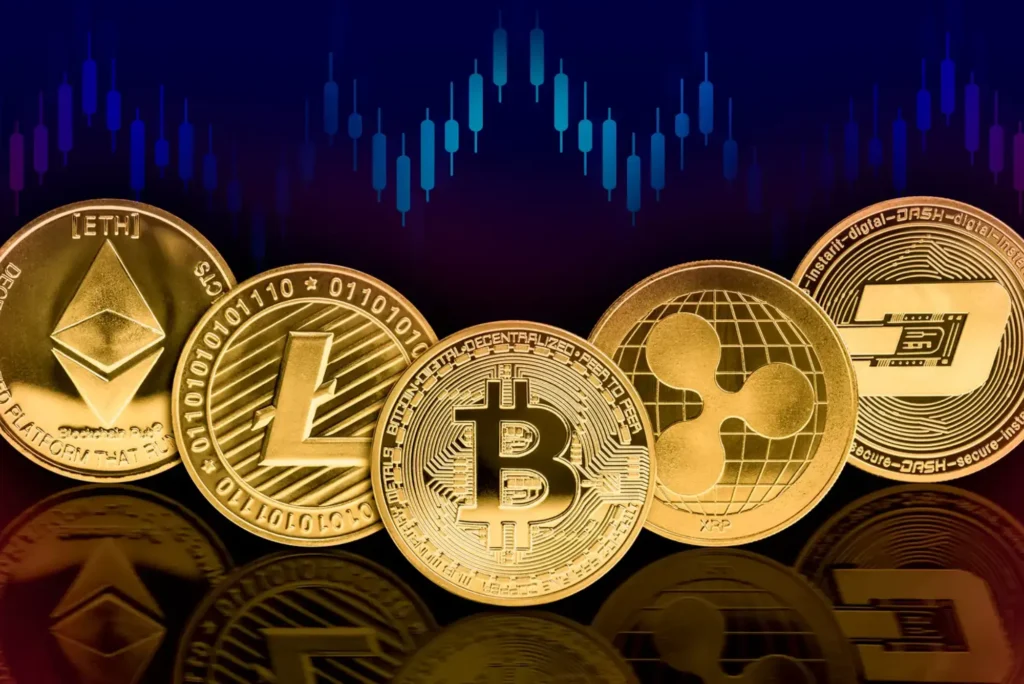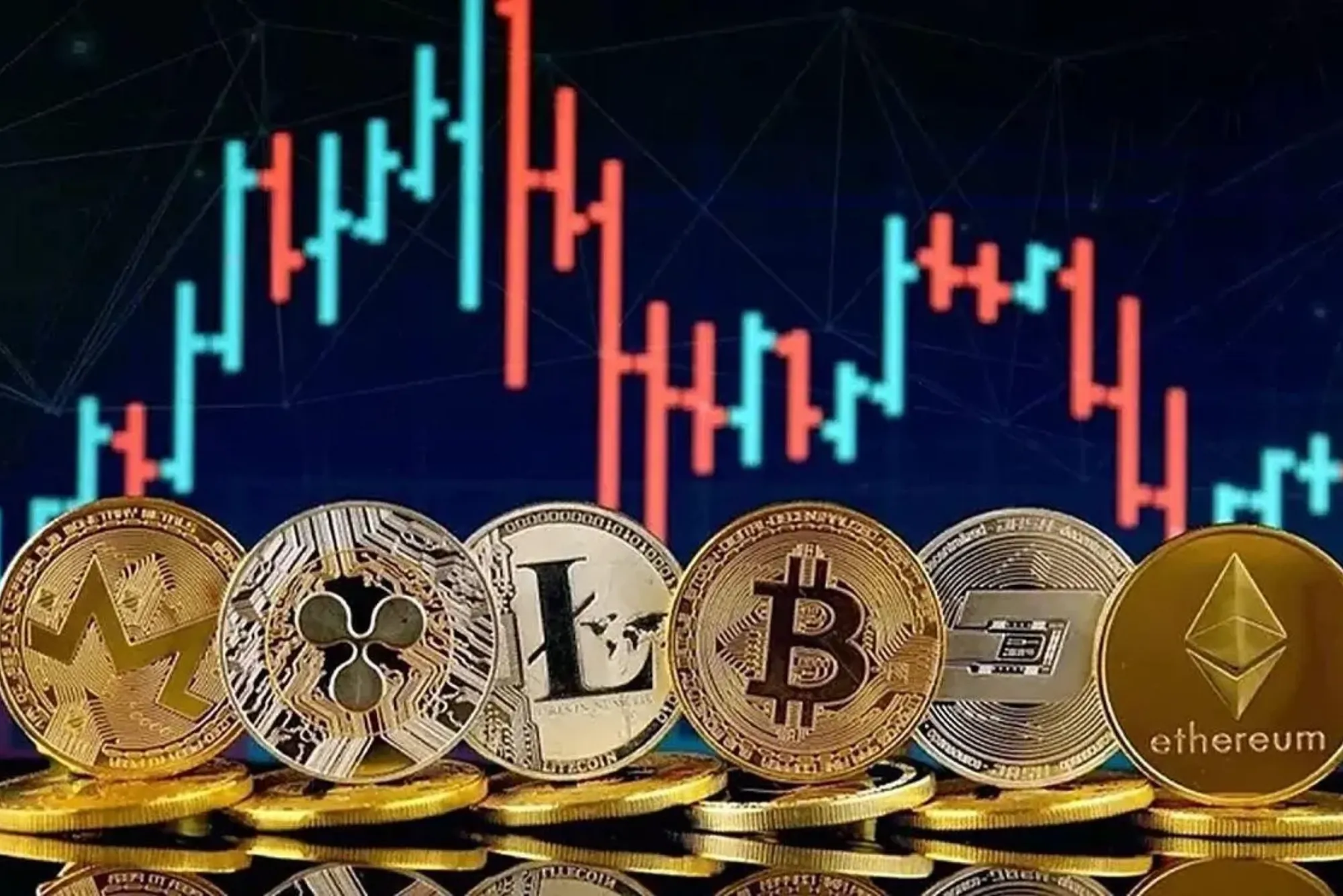Where to Buy Cryptocurrency
Cryptocurrency has become increasingly popular as a digital asset class, with Bitcoin leading the charge followed by a myriad of altcoins. If you’re considering buying cryptocurrency, you’ll need to find a reliable platform to facilitate your transactions. Here’s a comprehensive guide to some of the best places to buy cryptocurrency.
Cryptocurrency Exchanges
Cryptocurrency exchanges are online platforms where you can buy, sell, and trade digital currencies. These exchanges vary in terms of supported currencies, fees, security measures, and user experience. Some of the most popular cryptocurrency exchanges include Binance, Coinbase, Kraken, and Bitfinex. Each exchange offers its own set of features and benefits, so it’s essential to research and choose one that aligns with your needs.
Peer-to-Peer Platforms
Peer-to-peer (P2P) platforms connect buyers and sellers directly, allowing them to trade cryptocurrencies without the need for an intermediary. Platforms like LocalBitcoins and Paxful enable users to buy Bitcoin and other cryptocurrencies from individuals using various payment methods such as bank transfers, PayPal, and cash. P2P platforms offer flexibility and privacy but require users to exercise caution and conduct due diligence to avoid scams.

Cryptocurrency ATMs
Cryptocurrency ATMs, also known as Bitcoin ATMs, are physical kiosks that allow users to buy and sell cryptocurrencies using cash or debit/credit cards. These machines are typically found in public locations such as shopping malls, convenience stores, and airports. CoinATMRadar is a useful tool for locating cryptocurrency ATMs worldwide. While convenient, cryptocurrency ATMs often charge higher fees compared to online exchanges.
Over-the-Counter (OTC) Desks
Over-the-counter (OTC) desks cater to institutional and high-net-worth investors looking to buy or sell large quantities of cryptocurrency. OTC desks facilitate large trades off the public order books, providing privacy and minimizing price slippage. Examples of OTC desks include Genesis Trading, Cumberland, and Circle Trade. OTC trading is suitable for investors seeking to execute large transactions without impacting market prices.
Decentralized Exchanges (DEXs)
Decentralized exchanges (DEXs) operate without a central authority, allowing users to trade cryptocurrencies directly with one another. DEXs leverage blockchain technology and smart contracts to enable peer-to-peer trading while maintaining control of funds. Popular decentralized exchanges include Uniswap, SushiSwap, and PancakeSwap. DEXs offer greater security and privacy compared to centralized exchanges but may have lower liquidity and higher learning curves.
In conclusion, the availability of cryptocurrency has grown significantly, and there are various options for purchasing digital assets. Whether you prefer the convenience of a centralized exchange, the privacy of a peer-to-peer platform, or the security of a decentralized exchange, it’s essential to conduct thorough research and choose a reputable platform that meets your requirements. Remember to prioritize security, verify the legitimacy of platforms, and consider factors such as fees, supported currencies, and user experience before buying cryptocurrency.
Cryptocurrency Coin Values
Cryptocurrency coin values are dynamic and subject to fluctuations influenced by various factors such as market demand, investor sentiment, regulatory developments, technological advancements, and macroeconomic trends. The value of a cryptocurrency is primarily determined by its utility, adoption, and scarcity.
One of the key drivers of cryptocurrency values is market demand, which is influenced by factors such as media coverage, investor speculation, and macroeconomic conditions. Positive news stories and endorsements from influential figures can lead to increased demand and upward price movements, while negative news can have the opposite effect. Additionally, macroeconomic events such as inflation, geopolitical tensions, and monetary policy decisions can impact investor sentiment and drive demand for alternative assets like cryptocurrencies.







